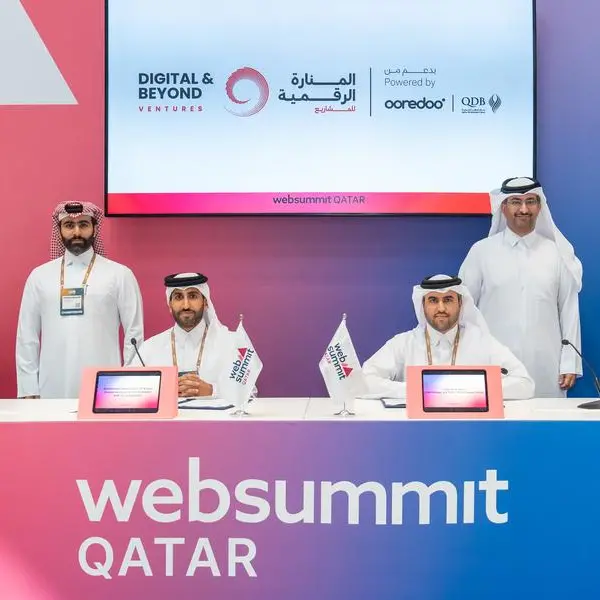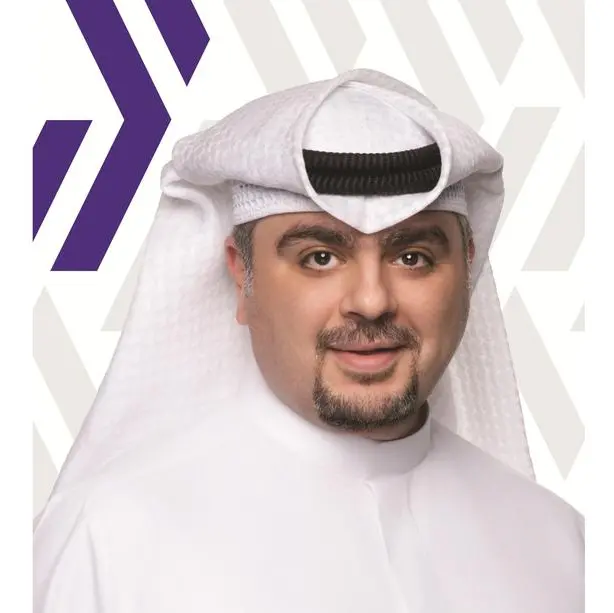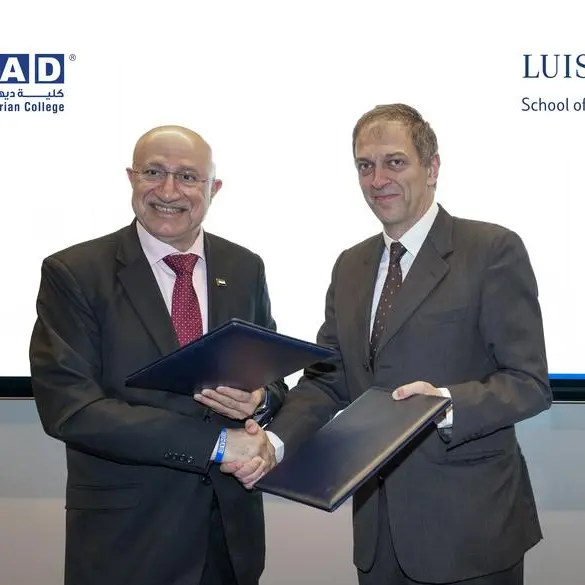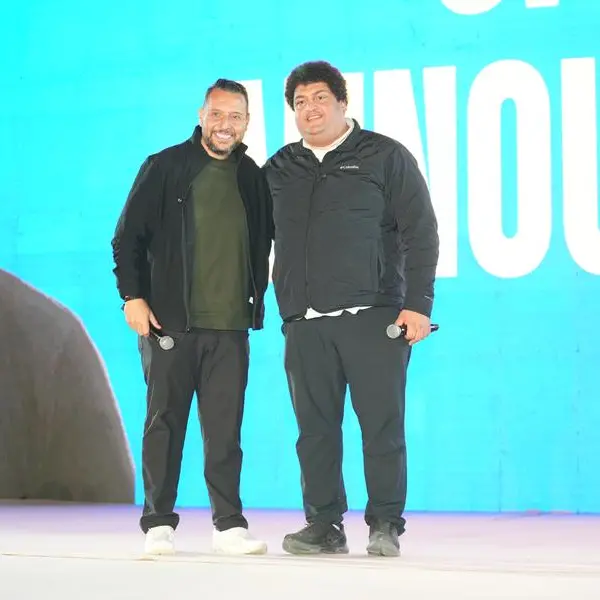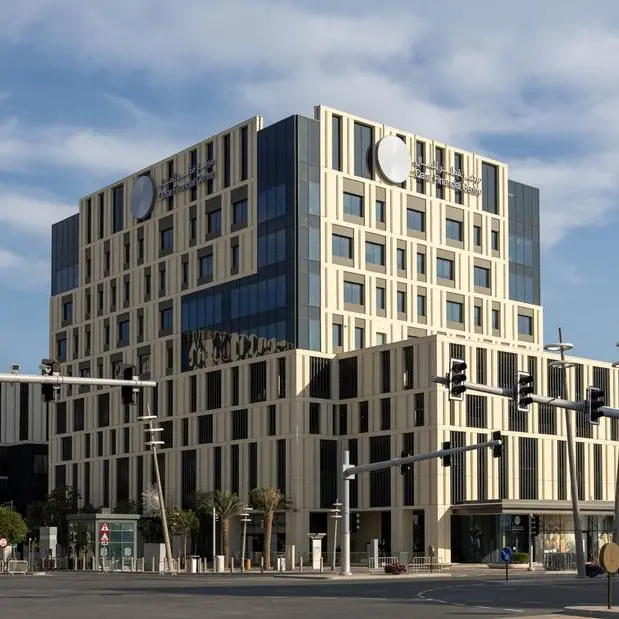Innovations and advancements have in recent years given rise to new exponential technologies, leading to the digital disruption and transformation of organizations, entire industries and nations. Of these, cloud computing (CC), robotic process automation (RPA), and artificial intelligence (AI) are taking hold in the Outsourcing and Shared Services (OSS) industry and are anticipated to have a significant impact going forward.
A new Deloitte and Dubai Outsource City (DOC) whitepaper, Outsourcing and Shared Services 2019-2023; Global, Middle East and UAE Industry Outlooks - studies the OSS industry across these dimensions from a global, regional and local UAE perspective, where the UAE is one of the key OSS hubs and gateways to serving Arab countries across the Middle East. Based on this, the report provides an outlook of the OSS industry and offers a way forward for buyers, vendors and operators to capitalize on the opportunities that are present across the region.
“Deloitte analysis estimates that the OSS industry is expected to exceed US$1 trillion within the next 6 years, in 2023. OSS spend in the UAE is estimated at US$ 4.8 billion in 2018, forecasted to rise to US$ 6.8 billion by 2023. Cost reduction, strategic and competitive advantages and major exponential technologies disrupting the industry – including AI, and cloud computing – are the key growth drivers and trends are pushing OSS to the top of board agendas,” explains Emmanuel Durou, Partner and Technology, Media and Telecommunications Leader, Deloitte Middle East.
“In the Middle East region, countries are undergoing major economic transformations, targeting diversification and non-oil growth. This has fueled the rapid adoption of new disruptive technologies and raised OSS as a key non-oil industry of significant strategic importance, alongside ICT, and telecom,” said Durou.
In the United Arab Emirates specifically, while the OSS industry is still developing and catching up to global market levels, adoption and progress is fast, with almost one third of OSS players surveyed already using transformational technologies to accelerate OSS business growth,” he added.
Ammar Al Malik, Managing Director of Dubai Internet City (DIC) and Dubai Outsource City (DOC), said: “In the recent years the UAE has massively stepped up its efforts towards digital transformation through visionary initiatives such as the UAE Strategy for Artificial Intelligence and the Dubai Blockchain Strategy. These policies, coupled with the nation-wide push towards disruptive technologies, is sure to make a significant impact upon all economic sectors including the rapidly maturing local outsourcing industry.
He added: “As the report confirmed, Dubai’s outsourcing sector is poised to become a regional leader for OSS, especially as the industry crosses the trillion-dollar threshold in the next few years. The government’s move towards digitization and automation becomes all the more lucrative for OSS providers and businesses once we take the city’s thriving start-up network into account, which presents a massive, dynamic ecosystem to tap into.”
Key findings of the Deloitte report include:
- In the Middle East, there are around 150 shared service centers across the region, and the largest markets for OSS are the United Arab Emirates and Saudi Arabia, with highest OSS spend and.
- The UAE is the most popular OSS market and hub in the region, and there is huge demand outweighing supply and the largest spenders are banks, the government and the THL (travel, hospitality and leisure) industry.
- The UAE is also home to a large competitive landscape with over 100 OSS players in the market, including many blue chip giants
- 80% of Middle East businesses (largely from UAE) surveyed previously still have not chosen an RPA solution provider yet, but have plans to do so within 6-18 months
- Of the business surveyed, artificial Intelligence is considered a future game changer for the UAE.
“The findings of the report suggest that the outlook for the UAE is positive as long as OSS buyers and suppliers keep at the forefront of innovation and OSS players should collaborate with start-ups to improve process and automation innovation and develop next-gen tech based services,” concluded Durou. “With the right technology and innovation enablers in place, the UAE has the potential to be a formidable international destination for OSS.”
-Ends-
About Deloitte:
Deloitte refers to one or more of Deloitte Touche Tohmatsu Limited (“DTTL”), its global network of member firms, and their related entities. DTTL (also referred to as “Deloitte Global”) and each of its member firms are legally separate and independent entities. DTTL does not provide services to clients. Please see www.deloitte.com/about to learn more.
Deloitte is a leading global provider of audit and assurance, consulting, financial advisory, risk advisory, tax and related services. Our network of member firms in more than 150 counties and territories, serves four out of five Fortune Global 500® companies. Learn how Deloitte’s approximately 280,000 people make an impact that matters at www.deloitte.com .
About Deloitte & Touche (M.E.):
Deloitte & Touche (M.E.) (DME) is a licensed member firm of Deloitte Touche Tohmatsu Limited (DTTL) and is a leading professional services firm established in the Middle East region with uninterrupted presence since 1926. DME’s presence in the Middle East region is established through its affiliated independent legal entities which are licensed to operate and to provide services under the applicable laws and regulations of the relevant country. DME’s affiliates and related entities cannot oblige each other and/or DME, and when providing services, each affiliate and related entity engages directly and independently with its own clients and shall only be liable for its own acts or omissions and not those of any other affiliate.
DME provides audit and assurance, tax, consulting, financial advisory and risk advisory services through 25 offices in 14 countries with more than 3,300 partners, directors and staff. It has also received numerous awards in the last few years which include, Middle East Best Continuity and Resilience provider (2016), World Tax Awards (2017), Best Advisory and Consultancy Firm (2016), the Middle East Training & Development Excellence Award by the Institute of Chartered Accountants in England and Wales (ICAEW), as well as the best CSR integrated organization.
The information contained in this press release is correct at the time of going to press.
Nadine El Hassan
Senior Manager l Brand & Communications
Deloitte & Touche (M.E.)
Gefinor Center - Block D
Clemenceau Street
Beirut, P.O. Box 113 - 5144
Lebanon
D: +9611748444
nelhassan@deloitte.com | www.deloitte.com
Disclaimer: The contents of this press release was provided from an external third party provider. This website is not responsible for, and does not control, such external content. This content is provided on an “as is” and “as available” basis and has not been edited in any way. Neither this website nor our affiliates guarantee the accuracy of or endorse the views or opinions expressed in this press release.
The press release is provided for informational purposes only. The content does not provide tax, legal or investment advice or opinion regarding the suitability, value or profitability of any particular security, portfolio or investment strategy. Neither this website nor our affiliates shall be liable for any errors or inaccuracies in the content, or for any actions taken by you in reliance thereon. You expressly agree that your use of the information within this article is at your sole risk.
To the fullest extent permitted by applicable law, this website, its parent company, its subsidiaries, its affiliates and the respective shareholders, directors, officers, employees, agents, advertisers, content providers and licensors will not be liable (jointly or severally) to you for any direct, indirect, consequential, special, incidental, punitive or exemplary damages, including without limitation, lost profits, lost savings and lost revenues, whether in negligence, tort, contract or any other theory of liability, even if the parties have been advised of the possibility or could have foreseen any such damages.
